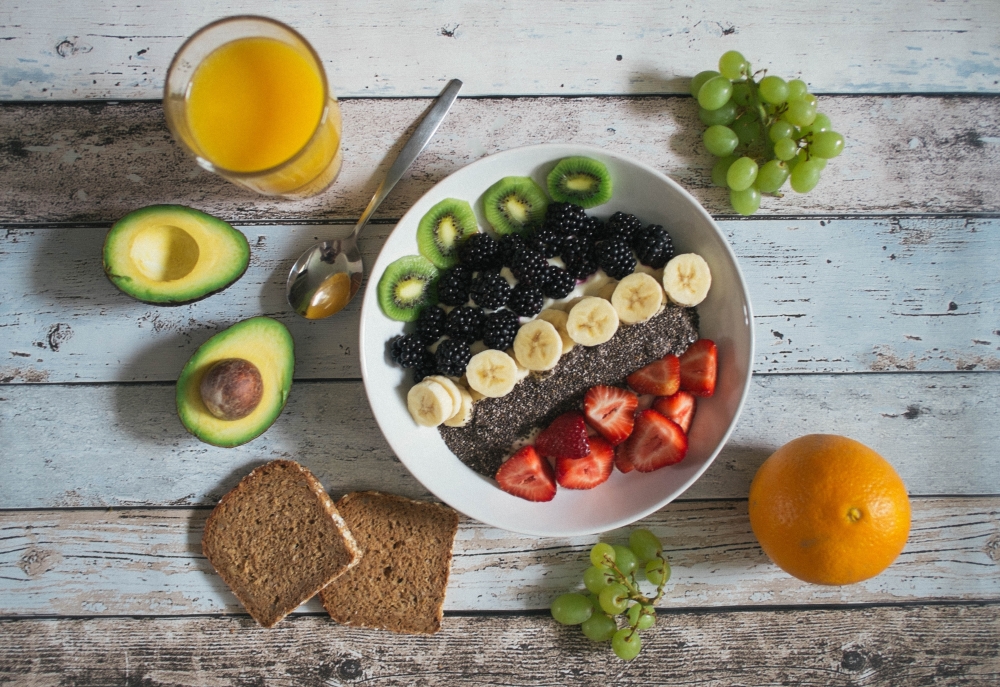The idea of vegetarianism and veganism is often seen as one. However, veganism is different in terms of the food they eat to the drinks they drink and the products they use. More than just a vegetarian diet, vegans choose to consume dairy-free products and also avoid any products supporting animal cruelty. So, veganism is a complete change of lifestyle than any existing vegetarian society.
The word ‘vegetarianism’ was introduced on September 29, 1847, and was rephrased from the word ‘Pythagorean’. It meant a meatless diet. Whereas, the concept of veganism was created against vegetarian society in 1944. (Yes, it’s been there for a long time). However, it became mainstream only since 2018. With the supporting voices of PETA, Animal Aid and Vegan society collectively, vegans are becoming more passionate about animal welfare.
Vegetarianism and veganism lifestyle are often confused to be one or believed to have merely any differences. However, they are in no world the same and have major dissimilarities.
So, what are the misconception about vegetarianism and veganism?
1. Consumption of egg and fish
Believe it or not! People who consume eggs or fish also fall under the vegetarian society. While, vegans strictly consume neither egg nor fish. Apart from the pure vegetarians, there are many other categories that still come under vegetarianism:
i) Lacto: Vegetarians who consume dairy products but avoid eggs, fish, and poultry.
ii) Ovo: Vegetarians who consume eggs but avoid dairy products, fish and poultry.
iii) Lacto-Ovo: Vegetarians who consume eggs and dairy products but avoid any kind of dead flesh.
iv) Pesco: Vegetarians who consume fish but avoid dairy products, eggs, and poultry.
2. Consumption of honey
Photo: Smedley/ Unsplash
NO, vegans do not consume honey. Vegans believe in a cruelty-free lifestyle. So, this is another difference between vegetarianism and veganism. And, they view commercial honey farming to be harmful for the population as well as the health of bees. They believe consuming honey exploits the population of bees. As the honey stored by the bees is their energy source for survival in winter.
3. Consumption of dairy products
The poor treatment towards animals in industrial business, including the use of steroids and forced impregnation, has been a highlight of vegans’ fight for animal rights. Therefore, they avoid any dairy product and follow a strict plant-based diet to not increase the ‘cruel-free’ business further. Instead, they consume soy milk, almond milk, coconut milk, and field-roast vegan cheese, earth-balance yogurt, among others.
4. Use of Beauty products
Another difference between vegetarianism and veganism is the use of personal care products. The vegan lifestyle also doesn’t support all beauty or personal-care products. Many organization including PETA is advocating for animal-cruelty free beauty products. It could be tricky as they do not support any products with keratin, lanolin, stearic acid, N-acetyl glucosamine, and carmine.
Today, companies like Spectrum Collections, Arbonne, Pacifica, Nature’s Gate and Beauty Without Cruelty, successfully produce products like suncream, compact powder, lip gloss and much more, as an alternative to other mass-produced products.
5. Nutritional values
There are many misconceptions about vegan diets being of not healthy enough. But the truth is, a healthy vegan diet can provide all the energy you need. A vegan diet is full of fruits, vegetables, legumes, nuts & seeds, complex carbohydrates, fortified foods, and multivitamins. So it contains everything.
And as for other most commonly asked questions, “where do vegans get their Protein, Calcium, and Vitamin B12 from?” The main source of protein for vegans are soy, tofu, chickpeas, almonds, etc. A vegan diet consists of blackstrap molasses to a cup of kale to fulfill their calcium needs. And foods like fortified soy milk, corn flakes, veggie dogs are enough to satisfy the VB12-need of every vegan.
The alternative lifestyle
Photo: Heder Neves /Unsplash
With the rising population of vegans around the globe, there is no doubt that the industrial business has also shifted itself with their needs. Companies like Field Roast, Kite Hill, and Earth Balance, are top creators of alternatives of cheese, ice cream, yogurt, and more catering to the vegan lifestyle.
Vitasoy is a known-brand and it produces 150 million gallons of soy milk alone for countries like Hong Kong. However, for the myth that animals-free food has to be bland, these alternatives have repeatedly proven not to be so. And even those not in favor of the vegan lifestyle can still try them.
Having said that, there are some other items that you can use in the kitchen as alternatives:
- Vinegar – A replacement for egg mostly used for bakery items.
- Cashew- A great replacement for alfredo when blended perfectly with water
- Coconut milk- A natural substitute for sweet heavy cream used in chocolate mouse to ganache
- Mushroom- Known as the king of vegetables for vegans, this can be a substituent of meat
- Nutritional yeast- High in protein and Vitamin B, this is a great substitute for cheese
So, vegetarianism and veganism are two similar but very different lifestyles you can choose. They both advocate that it is possible to have a healthy diet coupled with exercise that one can adopt. But, veganism shows that you can achieve it even by choosing to consume and use cruelty-free products.

